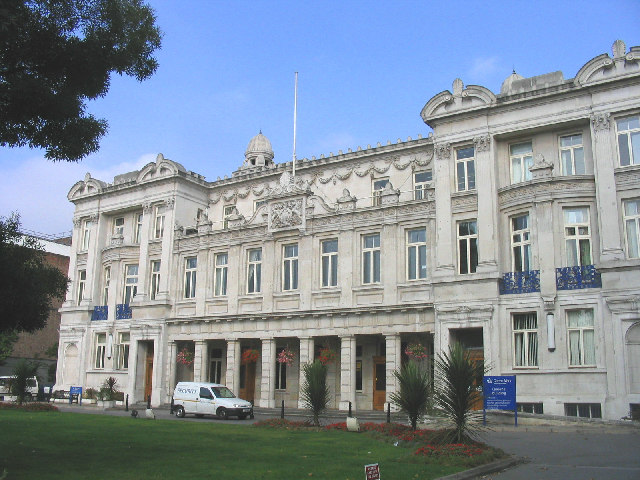Croatian Scientists Prove Mushrooms Help Stop Colon Cancer
August 29, 2020 – The team of Croatian scientists' published results prove that extracts from a medicinal fungus stop tumours growing, spreading and help chemotherapy.
A team of Croatian scientists has proven that a known medicinal fungus can be used in effectively fighting colon cancer. They published their findings in a renowned science journal over the past week.
The team, led by Boris Jakopović (Dr Myko San, Croatia), presented the results of effects on colon cancer by a complex series of extracts from the Agarikon.1 medicinal mushroom. They proved that the extracts strongly inhibit the growth of existing tumours and prevent the spreading of the disease. Boris Jakopović has been testing the effectiveness of medicinal mushrooms on cancer for several years.
A further positive effect on a number of other proteins - biomarkers associated with a better prognosis for progression of the disease - was also found and detailed in the study. This effect of the mushroom extracts can significantly enhance the effectiveness of standard chemotherapy and also alleviate its side effects.
Croatian scientists who also undertook the work and co-signed the published findings were Anita Horvatić from the Faculty of Veterinary Medicine in Zagreb, Nada Oršolić from the Faculty of Science in Zagreb, Marko Klobučar, Sandra Kraljević Pavelić and Petra Grbčić from the University of Rijeka. Andrea Gelemanović from the Mediterranean Institute for Life Research in Split and Ivan Jakopović from the company Dr Myko San.
For the latest travel info, bookmark our main travel info article, which is updated daily.
Read the Croatian Travel Update in your language - now available in 24 languages
Croatian Scientists Discover Gene That Protects Against Alzheimer's
July 27, 2020 – A breakthrough by Croatian-led team has far-reaching implications for the treatment and prevention of Alzheimer's
A team of Croatian-led scientists have discovered a gene that protects against Alzheimer's disease. The remarkable discovery was made by a Croatian-led team at Queen Mary University of London in collaboration with scientists at The Croatian Institute for Brain Research, School of Medicine, University of Zagreb. The discovery has far-reaching implications for both the prevention and treatment of Alzheimer's.
Alzheimer's is a degenerate brain disease that can be brought on by dementia. The main challenge in testing treatment drugs in trials is that participants need to already have symptoms. But, once people have symptoms, it is usually too late for treatments to have a significant effect, as many brain cells have already died.
Because of an extra chromosome they carry, people with Down's Syndrome have a 70% chance of developing the disease. So, the Croatian-led team took hair cells from people who have Down's Syndrome and genetically re-engineered to become stem cells. The stem cells were then grown into brain cells in a laboratory dish.
Queen Mary University of London © John Winfield
Studying the cells, the scientists were able to see Alzheimer’s-like pathology develop rapidly. They were then able to take two drugs and test their effectiveness in inhibiting the progression of the disease. Within six weeks, they proved that the drugs prevented the onset of Alzheimer’s-pathology.
The research also found proof of an Alzheimer’s suppressor gene (BACE2) that exists naturally within the brain. By increasing the activity of the gene, it is hoped Alzheimer's can be slowed in its progression or eventually prevented altogether. The research has far-reaching implications for testing those who may eventually develop Alzheimer's and on testing drugs for the prevention and treatment of the disease.
The team at The Blizard Institute, Barts & The London School of Medicine, Queen Mary University of London was lead by Croatian Professor Dean Nižetić. The international team that published their findings included another young Croatian scientist, Ivan Alić, who worked alongside Nižetić in London, plus Željka Krsnik, Goran Šimić, Ivica Kostović and Dinko Mitrečić from The Croatian Institute for Brain Research, School of Medicine, University of Zagreb.


